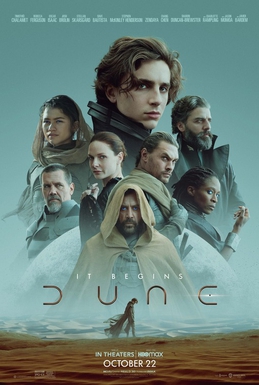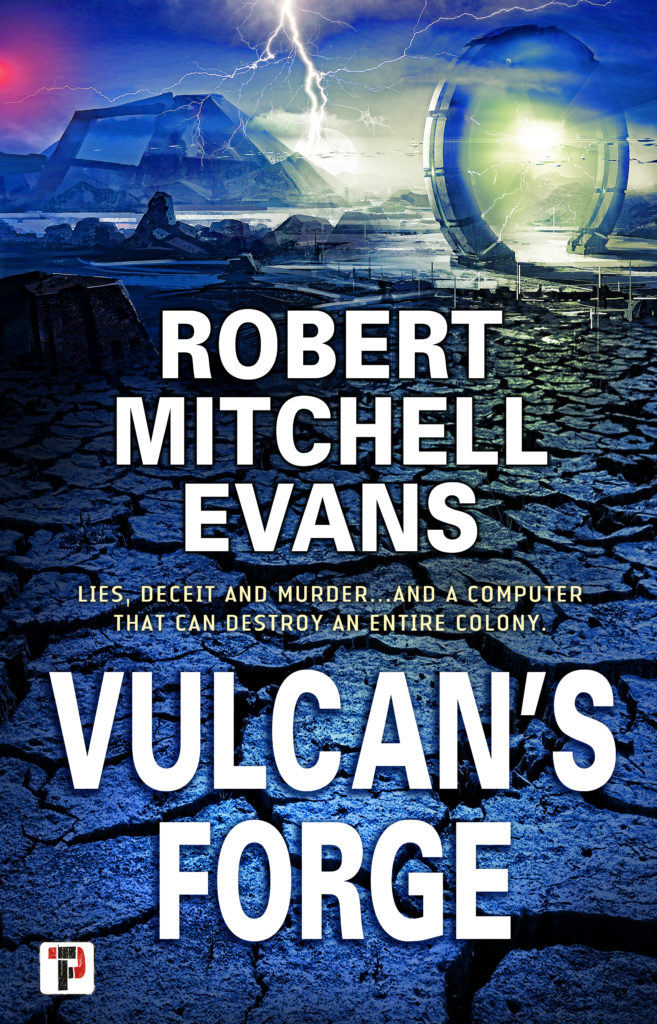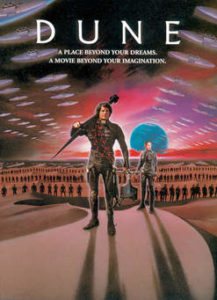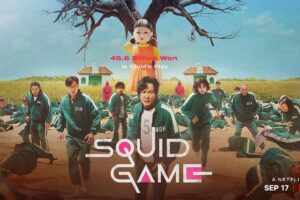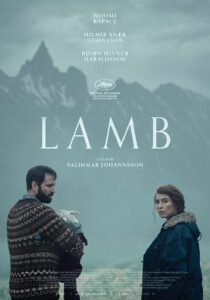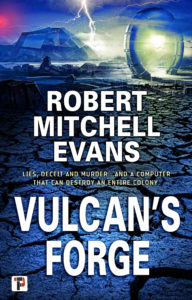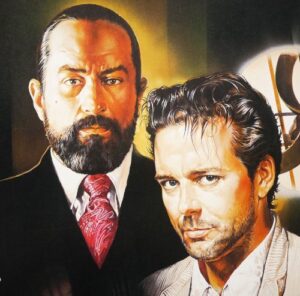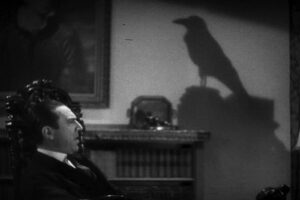Acclaimed French-Canadian director Denis Villeneuve, whose films include such diverse fare as Polytechnique, a film that explores the events of a mass shooting in Canada, to time-twisted SF film Arrivalhas directed his passion project, an adaptation of Frank Herbert’s 1965 SF novel, Dune.
Dune, set in the distant year 10191, tells the story of teenage Paul Atreides (Timothee Chalamet) the only son of Duke Leto Atreides (Oscar Isaac), a lord whose growing popularity with the galactic feudal empire threatens the reigning emperor and in engaged in a generations long feud with a rival noble house the Harkonnens, led by the evil Baron Harkonnen (Stellan Skarsgard.) Ordered to take possession of Baron Harkonnen’s prize planet, Dune, the sole source of a psychoactive substance, spice, that extents life, enhances mental capabilities, and makes faster-than-light travel possible. On Dune the Atreides hope to secure an alliance with its native populations, a stern, fierce people the Fremen, before coming war the Harkonnens erupts.
Dune is a deep and complex novel with extensive world building on the scale of Tolkien’s Lord of the Rings. Herbert crafted deep history which even in the novel is only lightly touched on that propels the cultures and characters of his story. Villeneuve serving not only as director but also as one of three credited writers on the screenplay manages this impressive feat of presenting this detailed setting enough that it is comprehensible but without ever letting the story drown in exposition. He has managed to visualize aspects of the novel, such as the Ornithopters, aircraft that fly by beating wings, that when I read the book I found difficult to picture. Because the novel is so long and so deep the story has been split into two movies and this one covers only the first half of the story, though the filmmakers found a logical and emotionally satisfying place to end this section. There is absolutely no doubt that there remains much story to tell but this film also ends at a point that can be an ending.
The production design and cinematography are excellent presenting a thoroughly realized lived-in universe and nearly every shot, every frame is a painting imbued with a deeper meaning that just stark visual information. Dune is an accomplishment well worth seeing on the big screen if you feel safe to do so but even on your home television it should be watched.
My SF/Noir Vulcan’s Forge is available from Amazon and all booksellers. The novel is dark, cynical, and packed with movie references.
